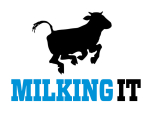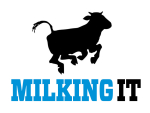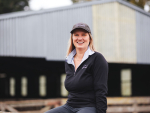The upgrade, expected to finish early 2014, will make Synlait one of only two processors in the world to make lactoferrin spray dried powder. It will also allow dairy ingredients manufacturing to a pharmaceutical standard.
Lactoferrin is a protein that offers antibacterial protection and other health benefits. It is in demand globally for health foods including infant formula and adult nutritional powders. Synlait expects its production to reach 18 metric tonnes within four years of commissioning.
Chief executive John Penno says Synlait’s lactoferrin move results from its having eight customers for infant formula including YinQiao Xi’An (the largest dairy processor in north western China), Synlait’s cornerstone shareholder Bright Dairy and A2 Corporation, which will soon launch is own a2 infant formula in China.
“There is a global shortage of lactoferrin driven largely by the demand for infant formula. In China alone total sales of infant formula are worth US$15 billion plus a year and growing by 15% with the addition of 18-20 million new babies annually.”
Typically, lactoferrin from New Zealand and Australia is freeze dried and milled. This can result in particles difficult to dissolve, leaving residues when the mother mixes formula in the baby feeding bottle.
The market for lactoferrin has grown from 45,000kg in 2001 to 185,000kg in 2012 and is projected to grow to 262,000kg in 2017. Lactoferrin now fetches US$500-1000/kg.
“Lactoferrin will add to our range of specialised health and nutritional products, a category identified recently as one of the main contributors to the Government’s target of doubling the value of New Zealand’s export earnings by 2025. To reach that target New Zealand must make more from milk,” Penno says.











